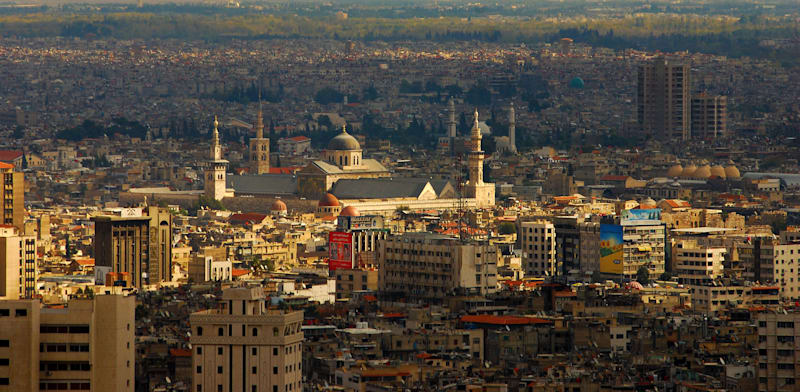Stress is a universal experience that affects us all in varying degrees. From daily work pressures to personal issues, stress can stem from numerous sources. However, some countries experience higher levels of stress due to unique socio-economic and political factors. Let’s dive into the seven most stressful countries in the world and explore why their citizens face such significant stress.
1. Nigeria

Nigeria, Africa’s most populous country, faces significant economic challenges. High unemployment rates and a large informal economy contribute to financial stress for many Nigerians.
The threat of terrorism and violent crime in some regions of Nigeria adds an additional layer of stress. Many citizens live in fear of attacks, which significantly impacts their mental well-being.
2. South Africa

South Africa is known for its high crime rates, including violent crimes such as assaults and robberies. The constant threat to personal safety is a major stressor for many South Africans.
The stark economic divide in South Africa contributes to widespread stress. While some enjoy immense wealth, a large portion of the population lives in poverty, creating a stressful disparity.
3. Afghanistan
Decades of conflict have made Afghanistan one of the most stressful countries in the world. The ongoing war and political instability have left many Afghans in a constant state of stress.
Afghanistan faces severe humanitarian issues, including lack of access to basic needs like food, water, and healthcare. This dire situation causes immense stress among its citizens.
4. Iraq

Years of war and violence have taken a toll on Iraq. The persistent threat of terrorism and sectarian violence creates an atmosphere of fear and stress.
Economic instability and high unemployment rates further exacerbate stress levels in Iraq. Many Iraqis struggle to find stable employment and provide for their families.
5. Venezuela

Venezuela is in the midst of a severe economic crisis, with hyperinflation and shortages of basic goods. The struggle to obtain necessities like food and medicine causes immense stress for Venezuelans.
Political unrest and government instability add to the stress in Venezuela. The lack of trust in the government and fear of violence are major stressors for the population.
6. Syria

The ongoing civil war in Syria has created a devastating humanitarian crisis. The constant threat of violence and the struggle to survive in war-torn conditions are significant sources of stress.
Millions of Syrians have been displaced by the conflict, living as refugees or internally displaced persons. The uncertainty of their future and living conditions adds to their stress.
7. Haiti

Haiti is frequently hit by natural disasters such as earthquakes and hurricanes. The constant threat and aftermath of these disasters cause significant stress among Haitians.
High levels of poverty and lack of access to basic services like healthcare and education create a stressful environment in Haiti. Many Haitians struggle to meet their daily needs.
Conclusion
Stress is a complex and pervasive issue that affects millions of people worldwide. The seven countries highlighted in this article face unique challenges that contribute to high stress levels. Addressing these challenges requires a multifaceted approach, including economic support, political stability, healthcare improvements, and mental health services.
FAQs:
Q What is the main cause of stress in these countries?
The main causes of stress in these countries include economic instability, political unrest, healthcare issues, and ongoing conflicts.
Q How do people in these countries cope with stress?
People in these countries often rely on community and family support, as well as international aid, to cope with stress.
Q Why is access to mental health services important?
Access to mental health services is crucial for managing stress and improving overall well-being. It provides individuals with the tools and support needed to cope with their challenges.
Q What can be done to reduce stress in these countries?
Reducing stress in these countries requires addressing the root causes, such as improving economic conditions, ensuring political stability, enhancing healthcare systems, and increasing access to mental health services.

